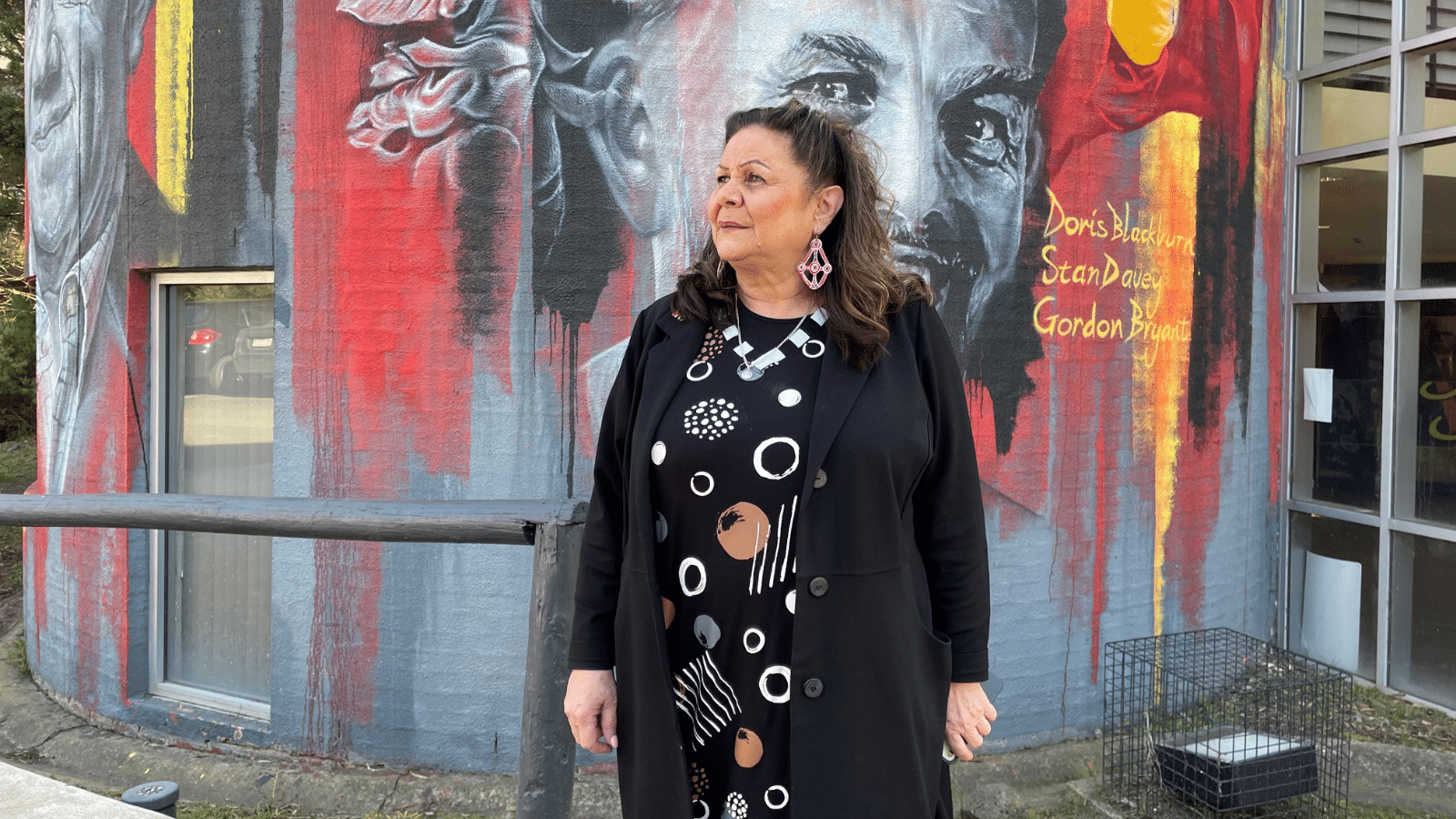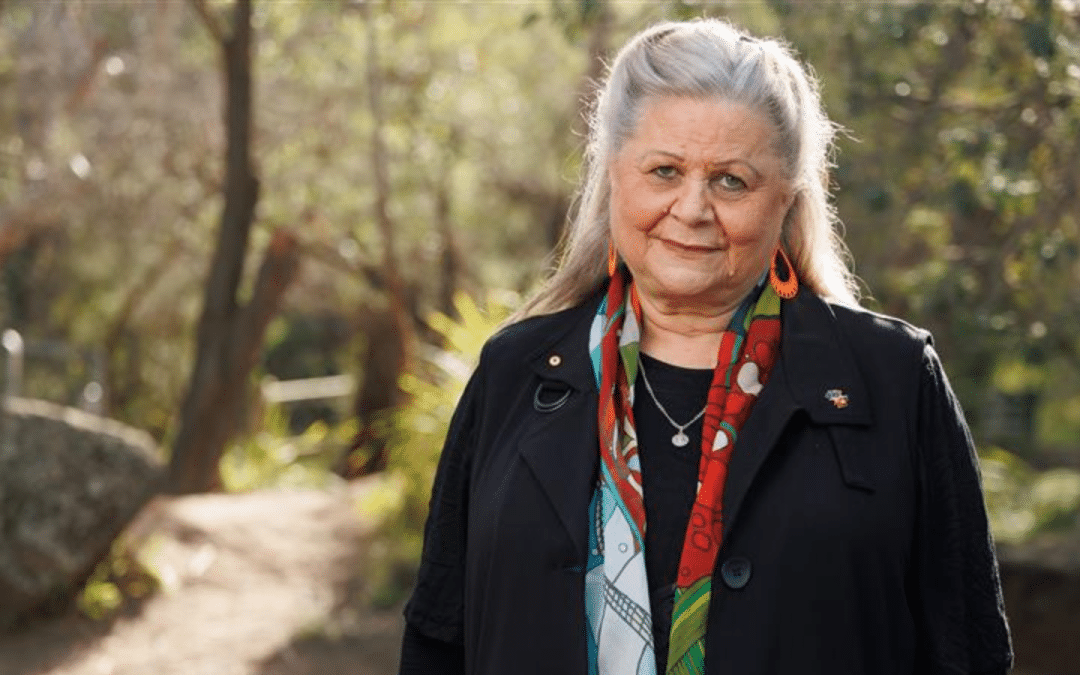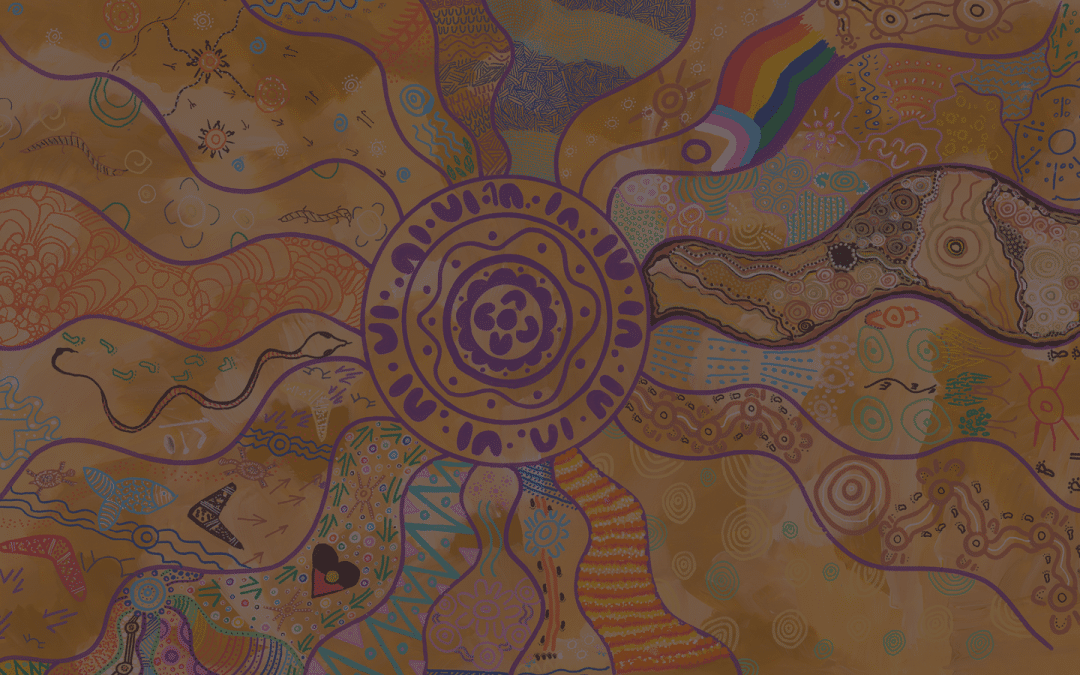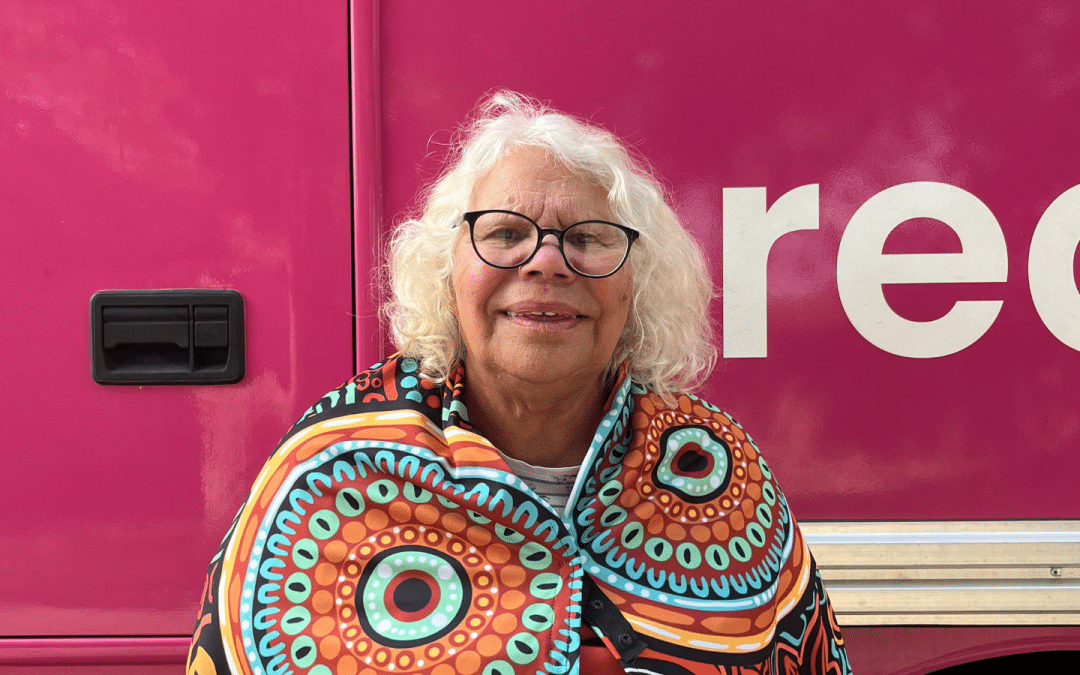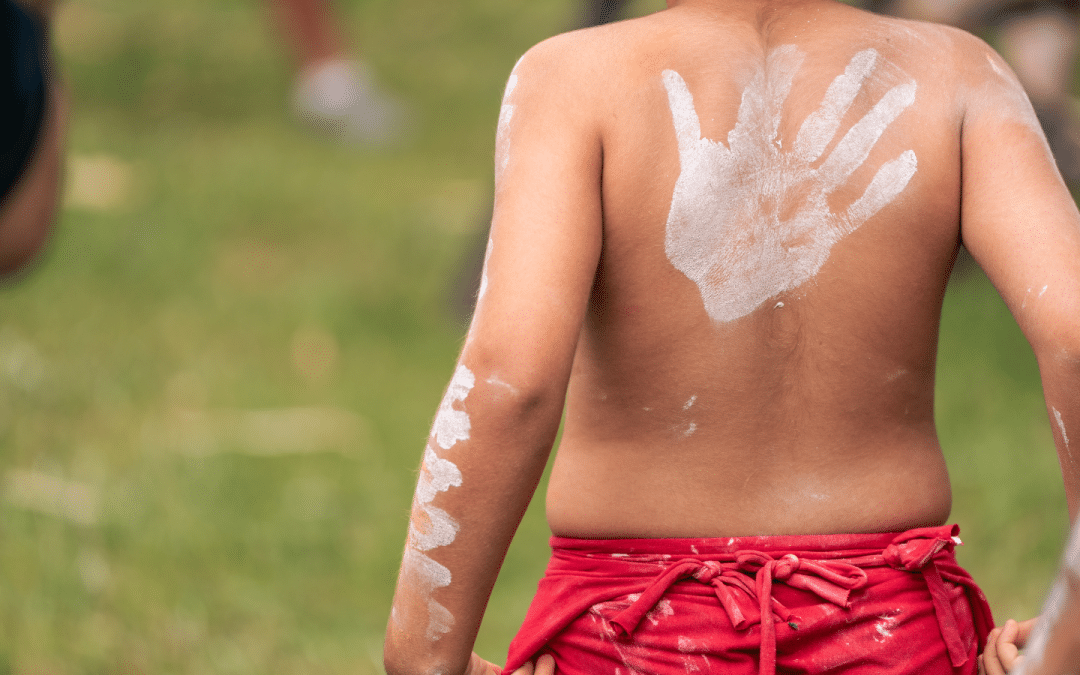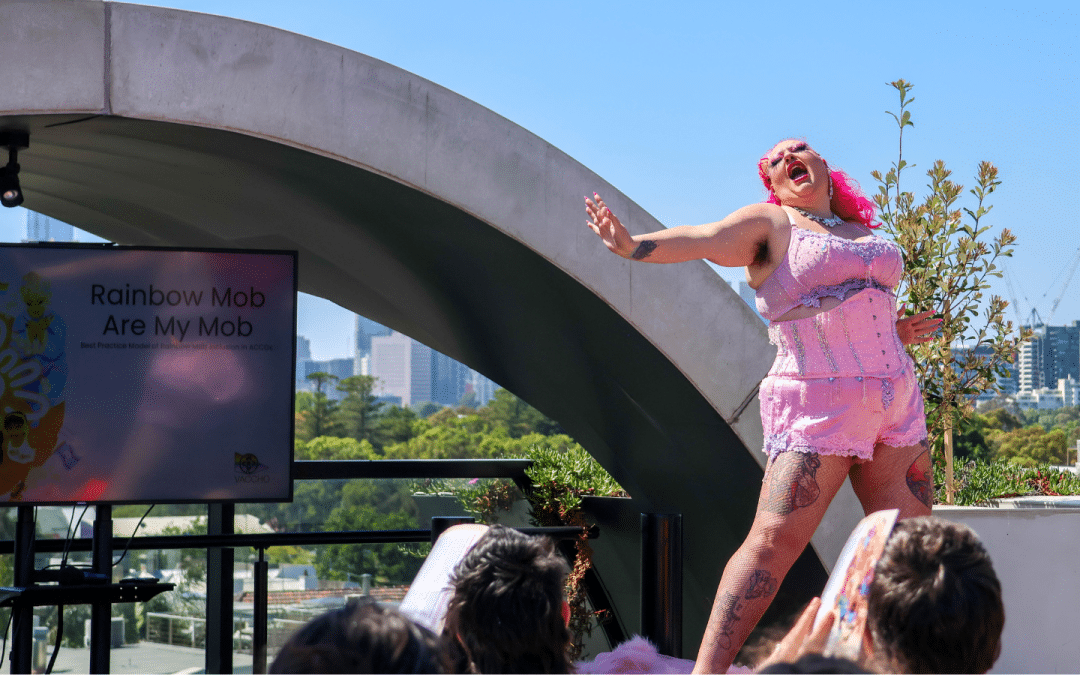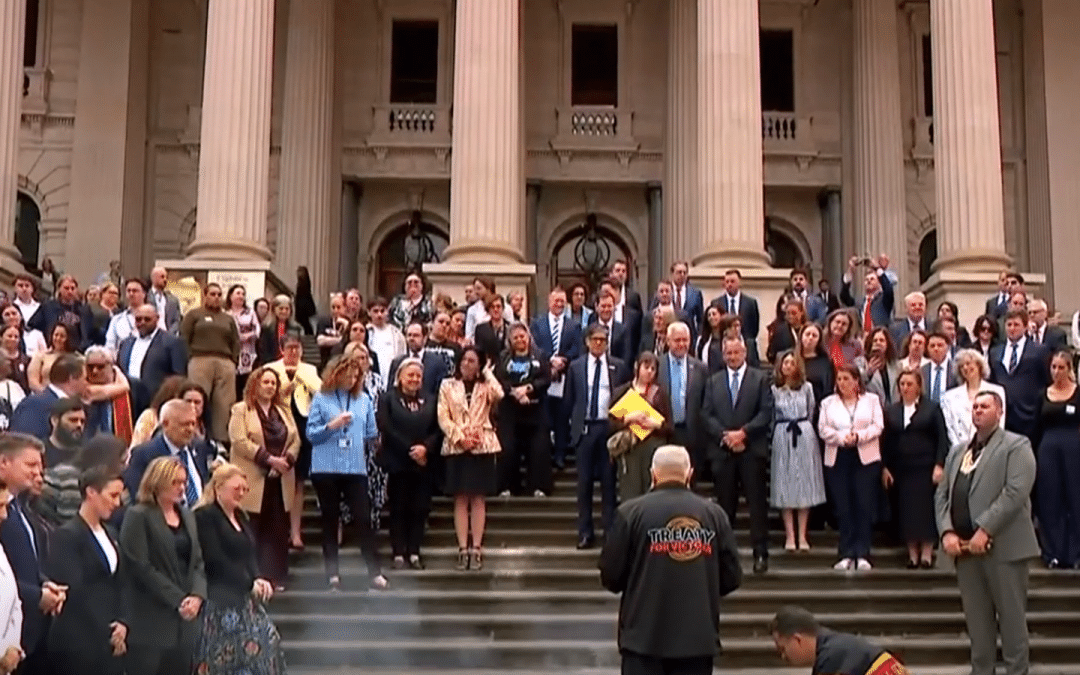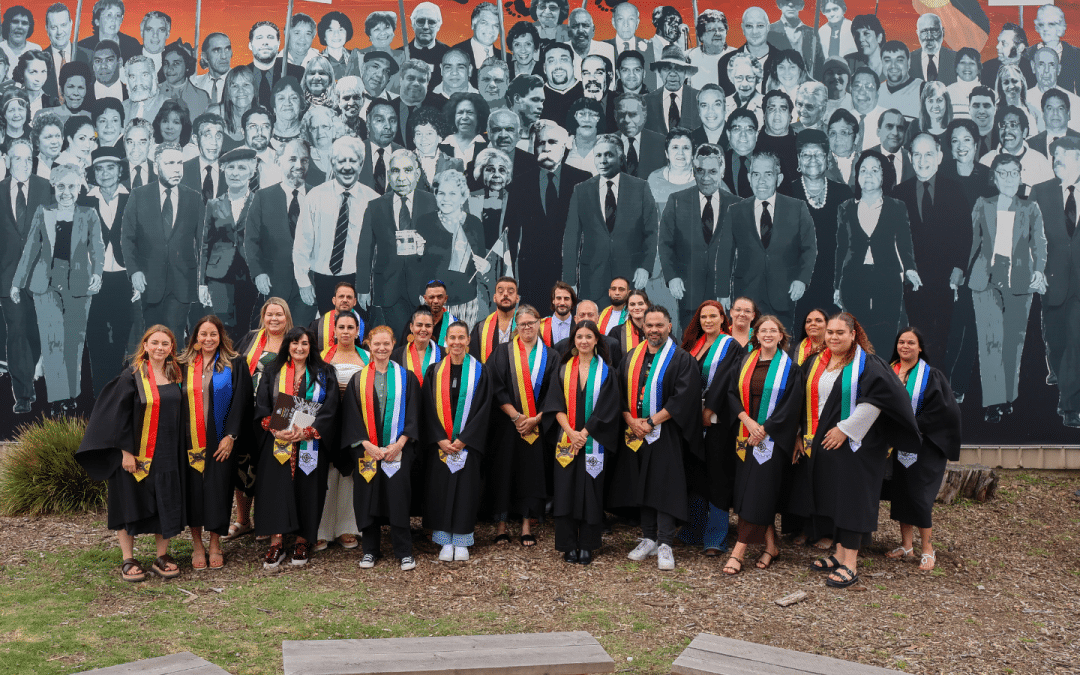On the surface, the Federal Government’s new Support at Home program is being touted as progress in aged care reform. But for Aboriginal and Torres Strait Islander Elders, it threatens to become yet another barrier that deepens inequality instead of Closing the Gap.
They not only undermine the role of Aboriginal Community Controlled Organisations (ACCOs) in delivering culturally safe care, but they also entrench systemic inequities, further disadvantaging Aboriginal Elders.
From 1 November 2025, the Support at Home program will begin replacing existing programs like the Commonwealth Home Support Program and Home Care Packages. While it should simplify access and ensure fairness, it instead gives Aboriginal and Torres Strait Islander Elders new barriers of access to services that are essential for their health, wellbeing, and quality of life. Because to access this program, the Australian Government is introducing mandatory income testing, fees and co-contributions – without exception or adjustment.
This requirement to pay out-of-pocket fees will make aged care unaffordable for far too many Aboriginal and Torres Strait Islander Elders. In short, it’s an inequity bomb.
This reform lacks equity
For Aboriginal and Torres Strait Islander Elders, true equity requires an honest reckoning with the long-standing structural racism, discrimination and disadvantage that have shaped our lives.
My people have endured decades of racist government policies that excluded us from fair wages and economic opportunity, leaving us with comparatively lower incomes and fewer savings than non-Indigenous Australians.
Equity demands remedy, and that means taking deliberate steps to address the harms of past government policies and not further compounding them with reforms like this.
Rather than deliver equity in aged care, under the proposed legislation, gaps will widen even further. For example, non-Indigenous Australians become eligible for aged care services at the same time as they can access their superannuation. But Aboriginal people, who access aged care services from the earlier age of 50, will face up to 15 extra years of paying fees and co-contributions for aged care services without having access to their retirement savings.
This compounds the existing inequity of Aboriginal people retiring with considerably less superannuation than non-Indigenous people. For generations, Aboriginal and Torres Strait Islander people were forced to survive on limited incomes as a direct result of discriminatory government policies that excluded us from the workforce. Even when work was available, we were often paid in food rations, tobacco, or not at all. Our wages were stolen. Our super was never paid.
Now, the Government will be forcing that very generation to pay out-of-pocket fees for essential home support like meals, cleaning, transport, and personal care. Our ACCOs don’t want to charge these fees. And we know that many of our Elders may withdraw from services when they cannot afford to pay.
The government’s remedy? They want those Elders to apply for financial hardship waivers. A humiliating and unjust solution that will further stigmatise our Elders. It’s been many, many years since I have seen such an appalling lack of dignity proposed as “suitable” for an access pathway.
How the government gives with one hand then takes with the other
To add insult to injury, reparations previously given to many survivors of the Stolen Generations will also form part of the income assessment undertaken to determine the levels of co-contribution. These are my peers, my aunties and uncles, people I’ve grown up alongside in Community—many of whom have endured lifelong poverty and disadvantage after being ripped from their homes and families by harmful government policies.
Reparations will never fully compensate them for the harm that was caused. And now, even those reparations become part of their disadvantage. Instead of receiving the care they deserve in their later years, they are being asked to hand back a portion of the very compensation meant to acknowledge those wrongs.
I reflect on how this would impact my mum, who is 99 years old. She lived through decades of pain and suffering after having six of her children taken away from her. Not because she was a bad mother, but because she was Blak. She never thought in her lifetime that she would see compensation from the government for the trauma and suffering caused by racist government policies. And now, under this proposed legislation, that compensation would be used against Aboriginal people trying to access basic support.
These are just two examples of how the Government gives to our People with one hand and then takes it away with the other. It’s cruel and unfair and it undermines equity in aged care services.
A one-size-fits-all approach has never made sense
A one-size-fits-all approach has been proven time-and-time again to result in poorer health outcomes and be more costly to the health care system than an individualised and person-centred approach. Not to mention, the one-size-fits-all model is not culturally safe for Aboriginal and Torres Strait Islander people. The unique cultural needs and health challenges of our Elders require culturally responsive and trauma-informed care – something that is not guaranteed under this new model.
A generic, centralised approach might be easier for government, but it is gravely disconnected from the lived experiences of Aboriginal people. Instead of removing structural barriers to care, these reforms risk entrenching further disadvantage, which directly contradicts the principles of the National Agreement on Closing the Gap and the recommendations made by the Royal Commission into Aged Care Quality and Safety.
Our Communities know best when it comes to looking after our old people
So, what did the Royal Commission in Aged Care Quality and Safety recommend? This question is as important today as it was on the day the recommendations were made. The Royal Commission spent years collecting evidence from Aboriginal and Torres Strait Islander Elders and their families. It concluded that we need our own dedicated aged care pathway. It affirmed the need to develop that pathway through partnership and shared decision-making with the ACCO sector. And it warned: without ACCOs having meaningful involvement in the design and delivery of aged care, the system risks sidelining the voices of the very people it should be supporting.
This isn’t just unfair, it’s dangerous and it undermines self-determination. It places more pressure on families who are already stretched thin, especially in Communities where informal, unpaid caring is the norm and where kinship care remains central.
If the government is truly committed to self-determination and Closing the Gap, then reforms must be co-designed with Aboriginal communities, for Aboriginal communities – not imposed upon them.
Our ACCOs must be funded and empowered to deliver culturally safe, localised care and our Elders must have choice and control – not just over what services they receive, but also who provides them.
What our Elders deserve
Our Elders deserve aged care systems that honour their dignity, history and sovereignty. They are the holders and keepers of the oldest living culture in the world. They do not deserve more policies that once again leave them behind.
I implore the Australian Government to stop the mainstreaming of ACCOs and Aboriginal aged care, and to immediately exempt Aboriginal and Torres Strait Islander Elders accessing aged care services, from income-tested fees and co-contributions under the Support at Home program.
Our Elders have waited long enough and they cannot, and should not, be asked to wait any longer for the fair, equitable and culturally safe aged care that they so rightly deserve.
I reflect on how this would impact my mum, who is 99 years old. She lived through decades of pain and suffering after having six of her children taken away from her. Not because she was a bad mother, but because she was Blak. She never thought in her lifetime that she would see compensation from the government for the trauma and suffering caused by racist government policies. And now, under this proposed legislation, that compensation would be used against Aboriginal people trying to access basic support.
These are just two examples of how the Government gives to our People with one hand and then takes it away with the other. It’s cruel and unfair and it undermines equity in aged care services.
A one-size-fits-all approach has never made sense
A one-size-fits-all approach has been proven time-and-time again to result in poorer health outcomes and be more costly to the health care system than an individualised and person-centred approach.

Image: Dr. Jill Gallagher with her mother, Francis Gallagher
Not to mention, the one-size-fits-all model is not culturally safe for Aboriginal and Torres Strait Islander people. The unique cultural needs and health challenges of our Elders require culturally responsive and trauma-informed care – something that is not guaranteed under this new model.
A generic, centralised approach might be easier for government, but it is gravely disconnected from the lived experiences of Aboriginal people. Instead of removing structural barriers to care, these reforms risk entrenching further disadvantage, which directly contradicts the principles of the National Agreement on Closing the Gap and the recommendations made by the Royal Commission into Aged Care Quality and Safety.
Our Communities know best when it comes to looking after our old people
So, what did the Royal Commission in Aged Care Quality and Safety recommend? This question is as important today as it was on the day the recommendations were made. The Royal Commission spent years collecting evidence from Aboriginal and Torres Strait Islander Elders and their families. It concluded that we need our own dedicated aged care pathway. It affirmed the need to develop that pathway through partnership and shared decision-making with the ACCO sector. And it warned: without ACCOs having meaningful involvement in the design and delivery of aged care, the system risks sidelining the voices of the very people it should be supporting.
This isn’t just unfair, it’s dangerous and it undermines self-determination. It places more pressure on families who are already stretched thin, especially in Communities where informal, unpaid caring is the norm and where kinship care remains central.
If the government is truly committed to self-determination and Closing the Gap, then reforms must be co-designed with Aboriginal communities, for Aboriginal communities – not imposed upon them.
Our ACCOs must be funded and empowered to deliver culturally safe, localised care and our Elders must have choice and control – not just over what services they receive, but also who provides them.
What our Elders deserve
Our Elders deserve aged care systems that honour their dignity, history and sovereignty. They are the holders and keepers of the oldest living culture in the world. They do not deserve more policies that once again leave them behind.
I implore the Australian Government to stop the mainstreaming of ACCOs and Aboriginal aged care, and to immediately exempt Aboriginal and Torres Strait Islander Elders accessing aged care services, from income-tested fees and co-contributions under the Support at Home program.
Our Elders have waited long enough and they cannot, and should not, be asked to wait any longer for the fair, equitable and culturally safe aged care that they so rightly deserve.

